STEERING COMMITTEE MEMBERS
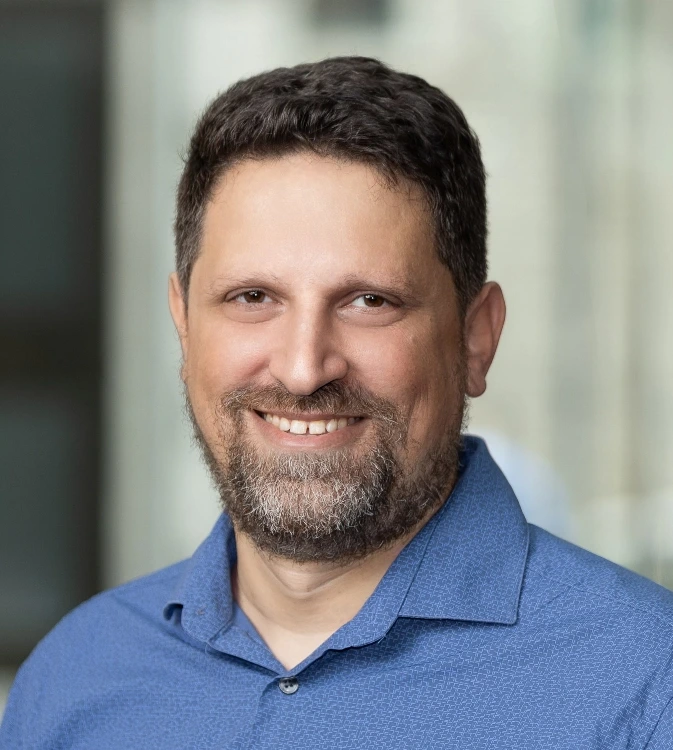
Ziv Gan-Or
MD, PhD
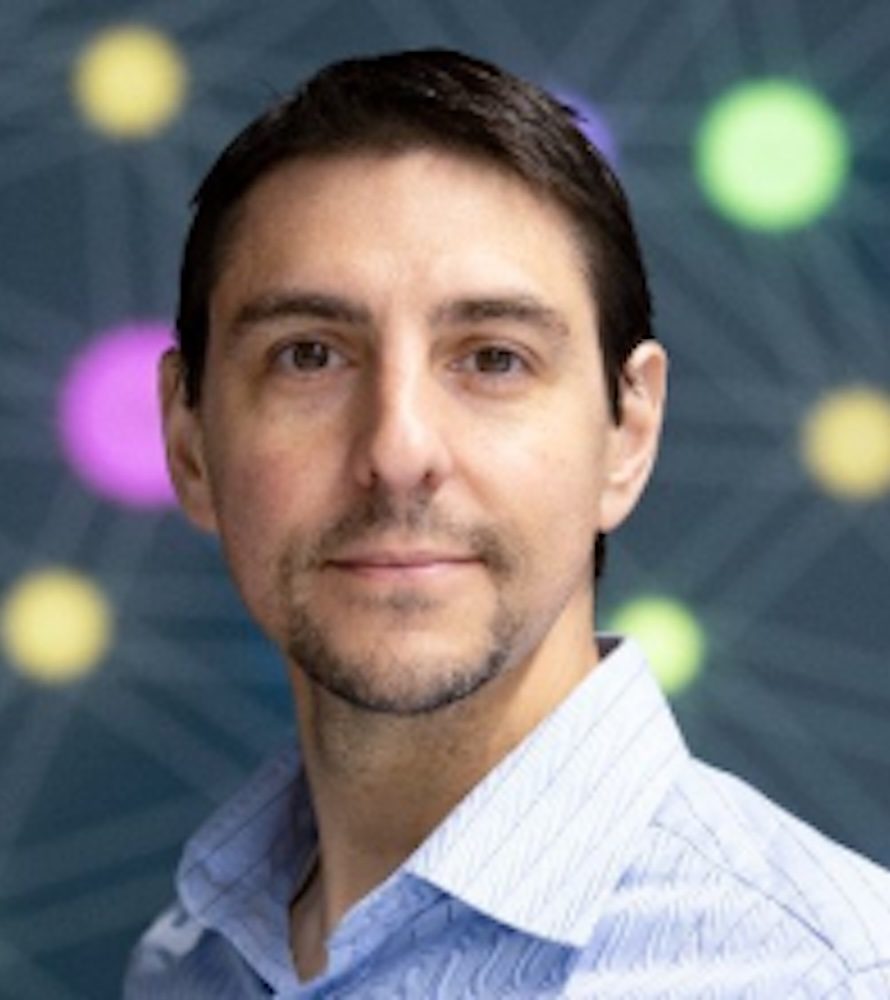
Jason Karamchandani
MD

Teenu Sanjeevan
PhD
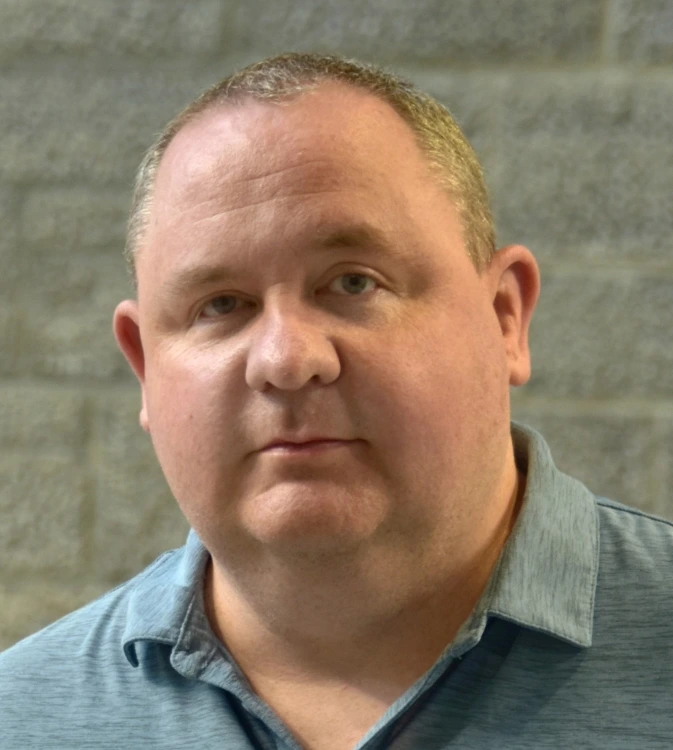
Thomas Durcan
PhD

Jo Anne Stratton
PhD
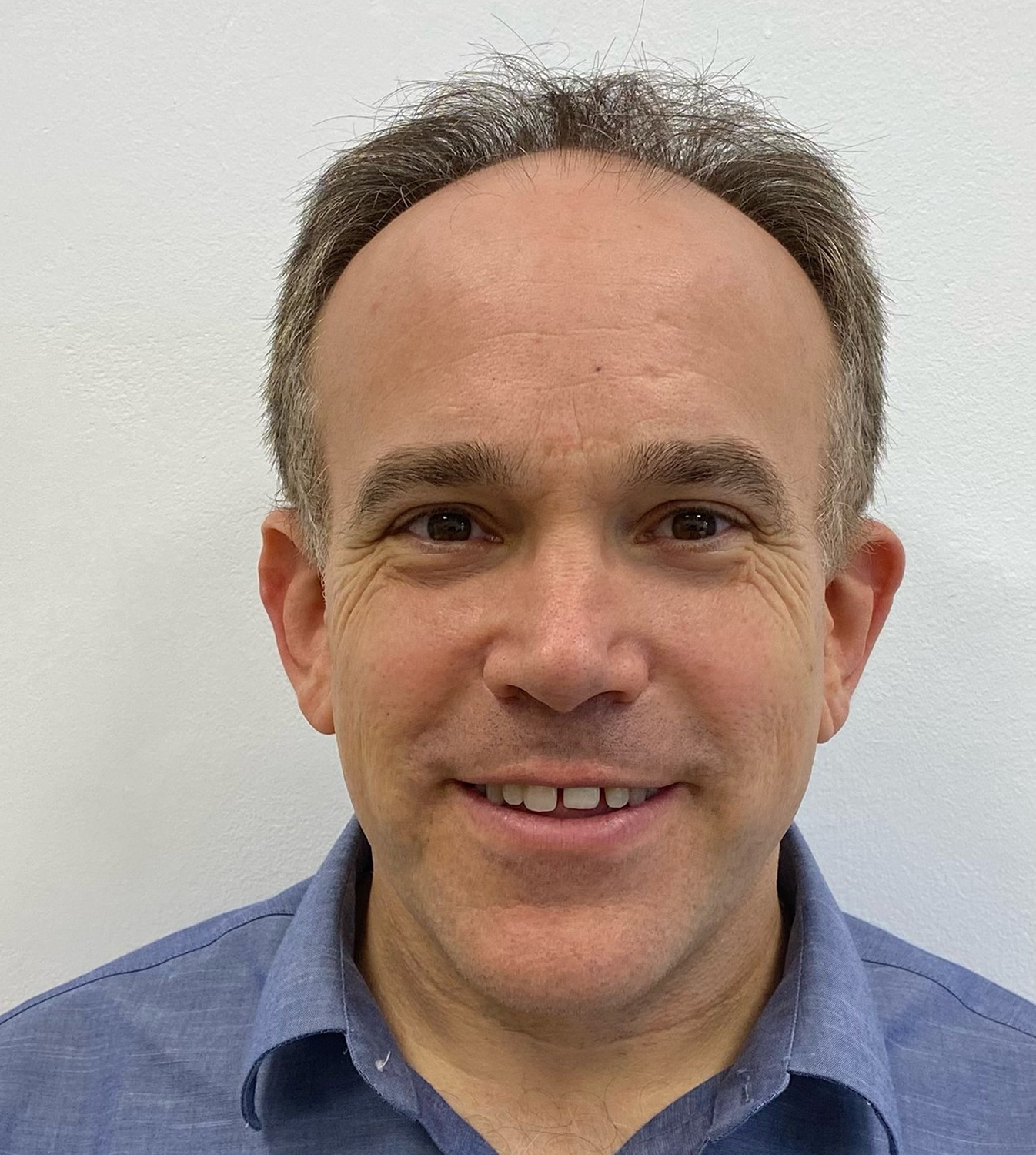
Roy Alcalay
MD, MS
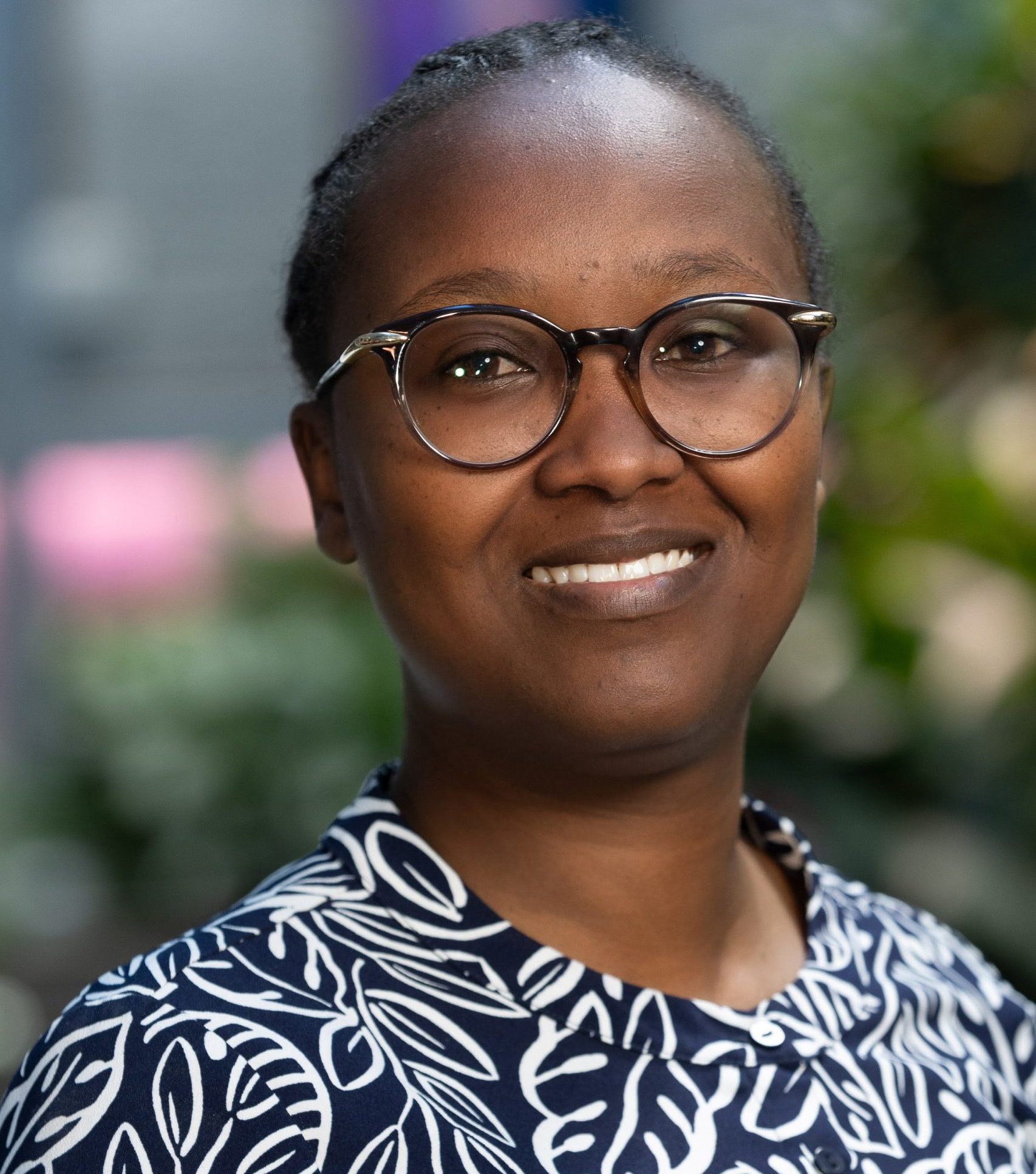
Lorna Chebon-Bore
PhD
SCIENTIFIC ADVISORY BOARD MEMBERS

Ziv Gan-Or
MD, PhD
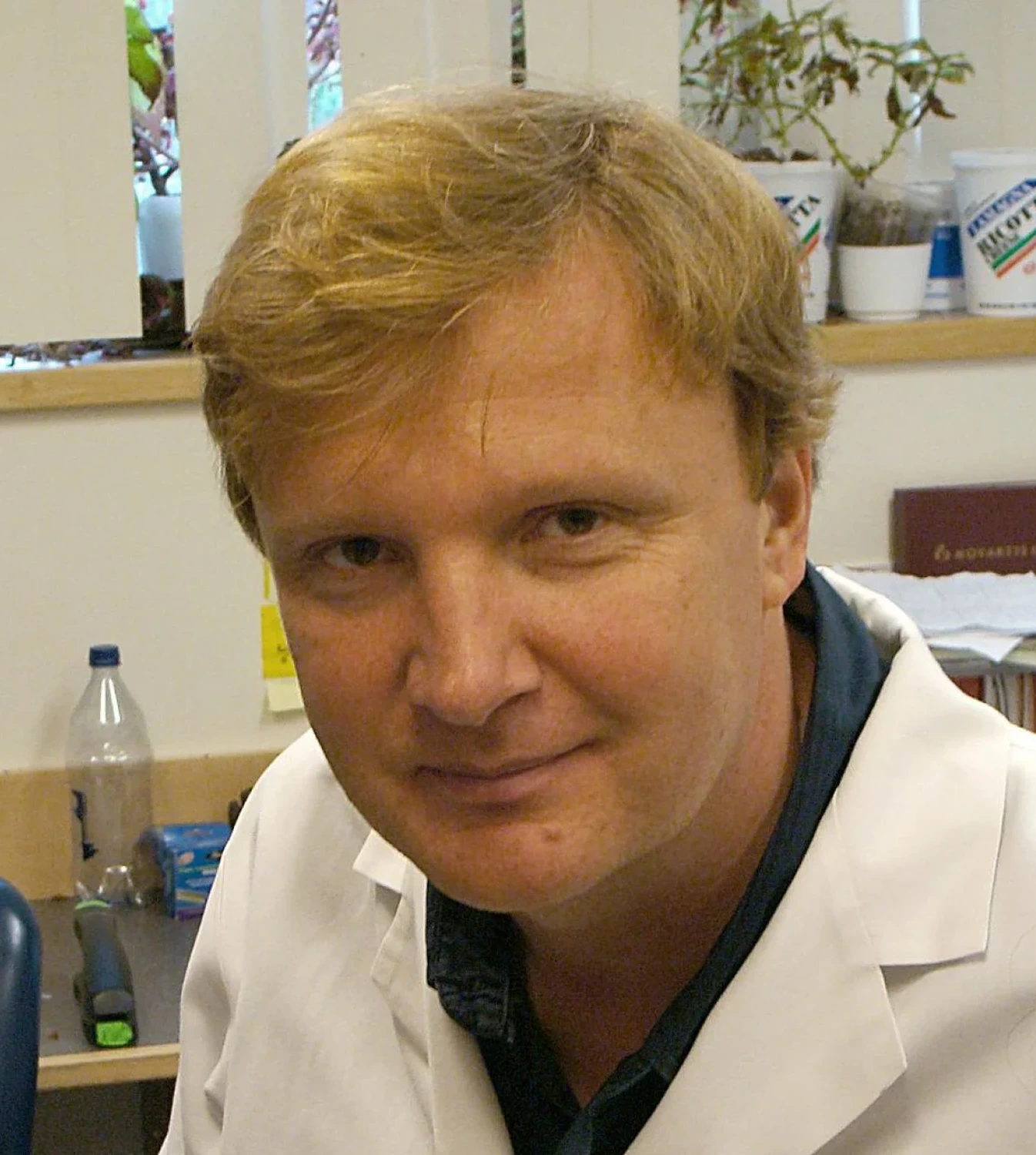
Dimitri Krainc
MD, PhD

Sonja W. Scholz
MD PhD

Michael G. Schlossmacher
M.D.

Anthony Schapira
MD, DSc, FRCP, FMedSci
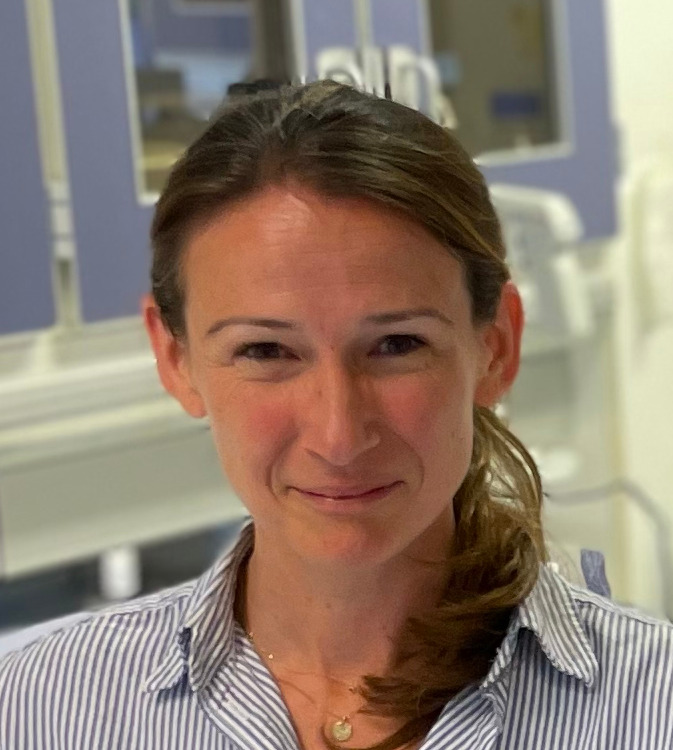
Jodi Maple-Grødem
PhD

S. Pablo Sardi
PhD
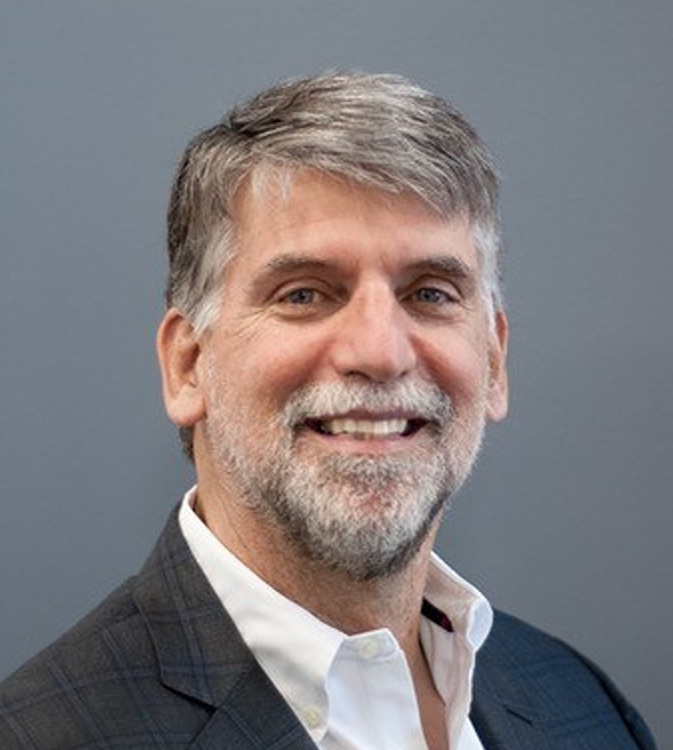
Peter T. Lansbury
Jr., PhD

Joseph R. Mazzulli
PhD

Andrew Singleton
PhD
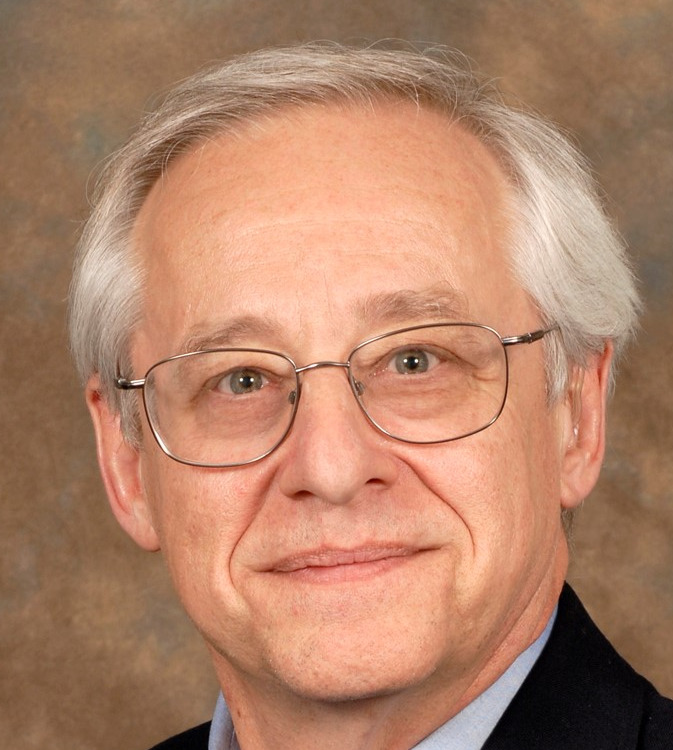
Gregory A. Grabowski
MD

Kajsa Atterling Brolin
PhD
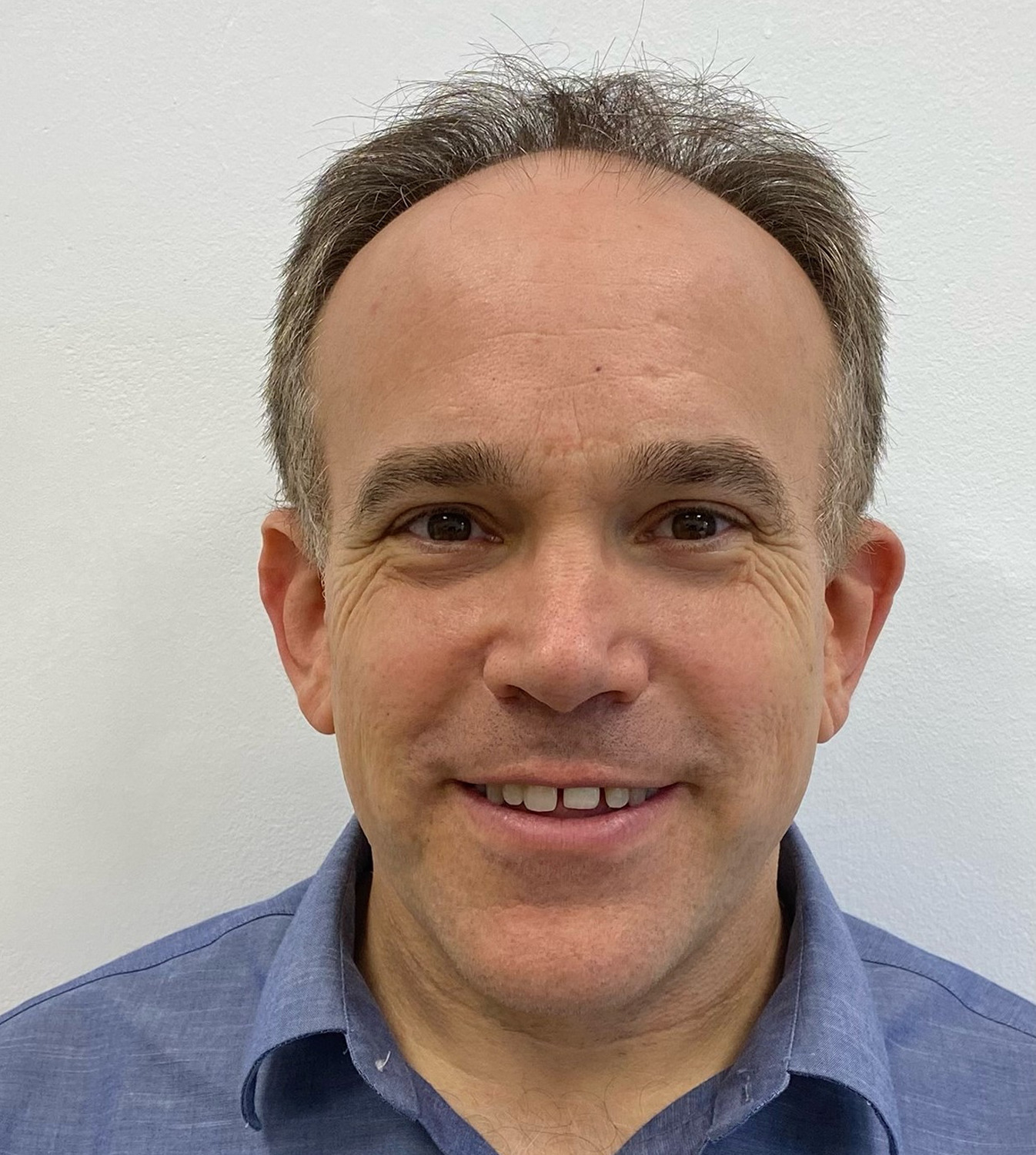
Roy Alcalay
MD, MS

Shalini Padmanabhan
PhD

Simon Stott
PhD

Angelica Asis
MSc
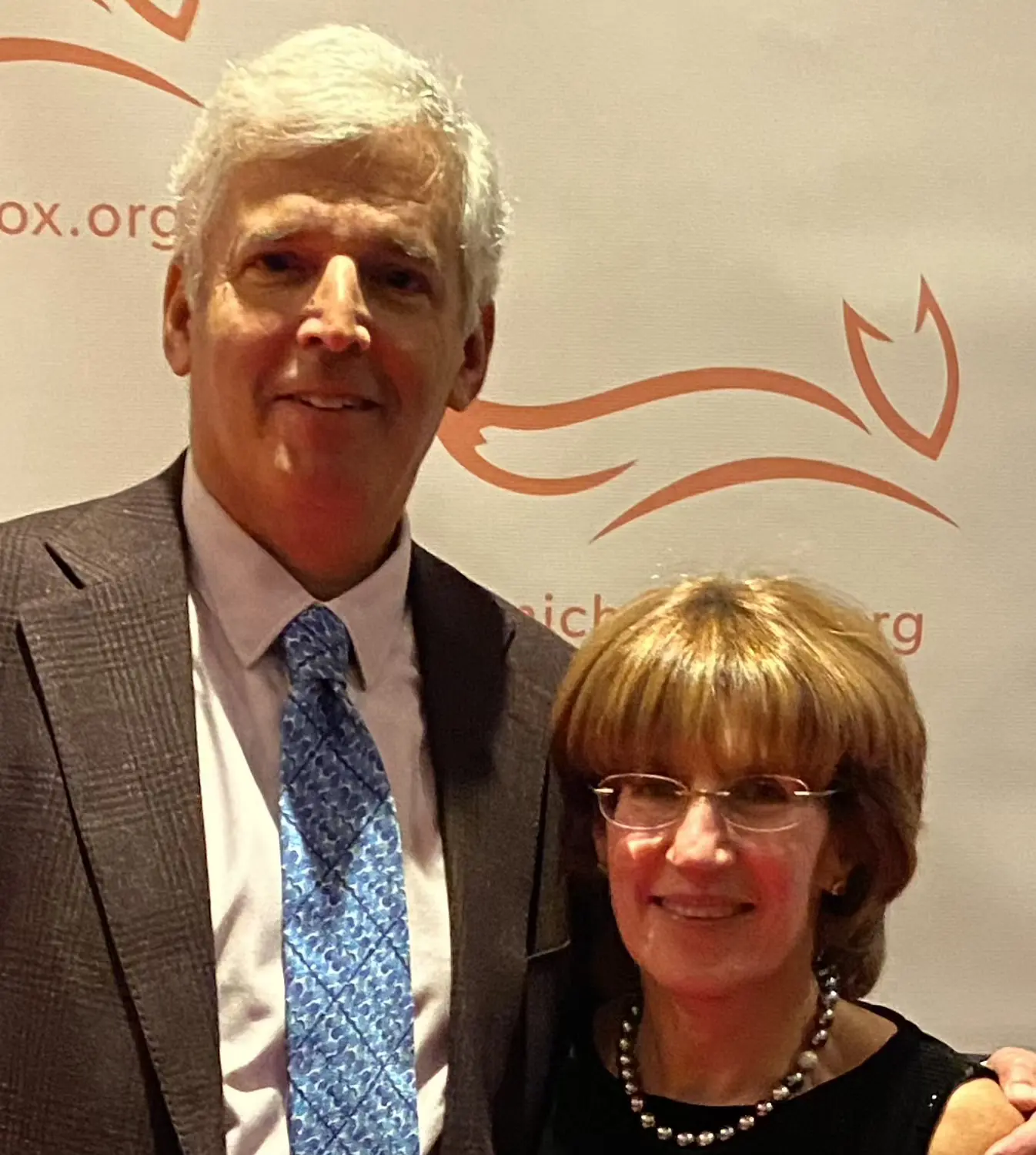
Rich and Pola Sussman
GBA1-PD Patient & Patient representative
PROGRAM MANAGER

Lorna Chebon-Bore
PhD
SCIENTIFIC ACADEMIC ASSOCIATE
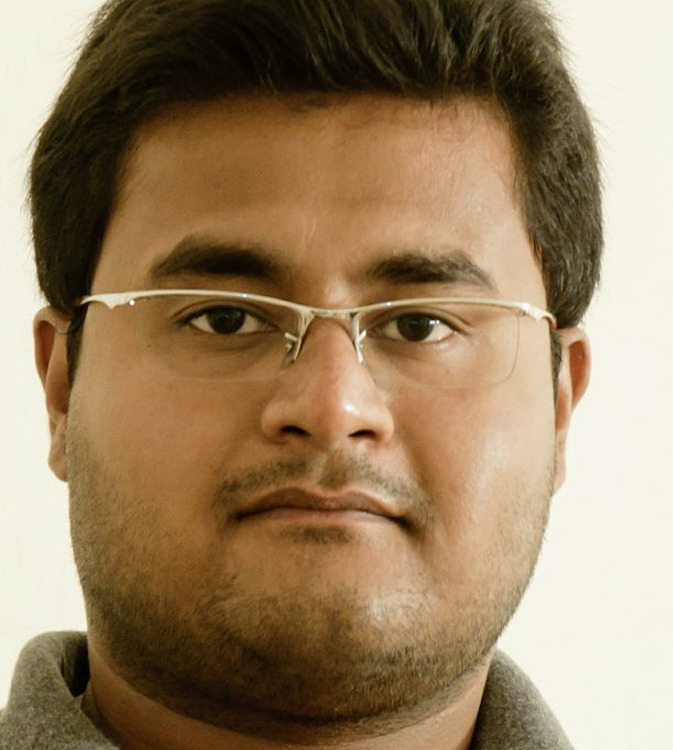
Priyabrata Halder
PhD




